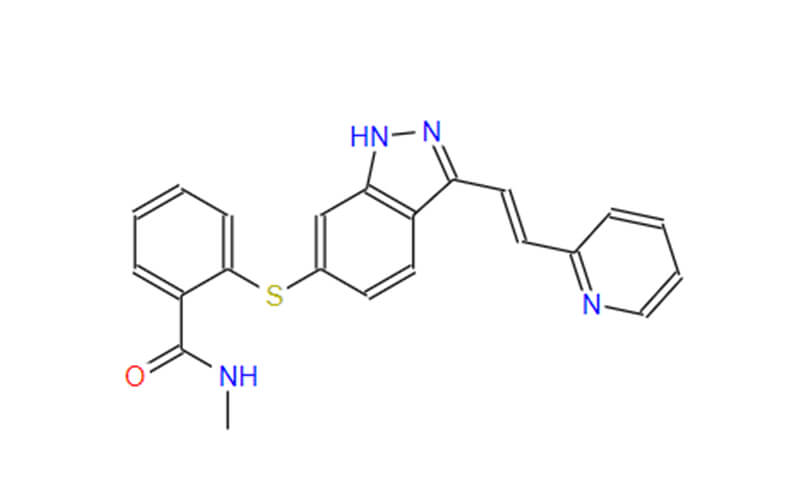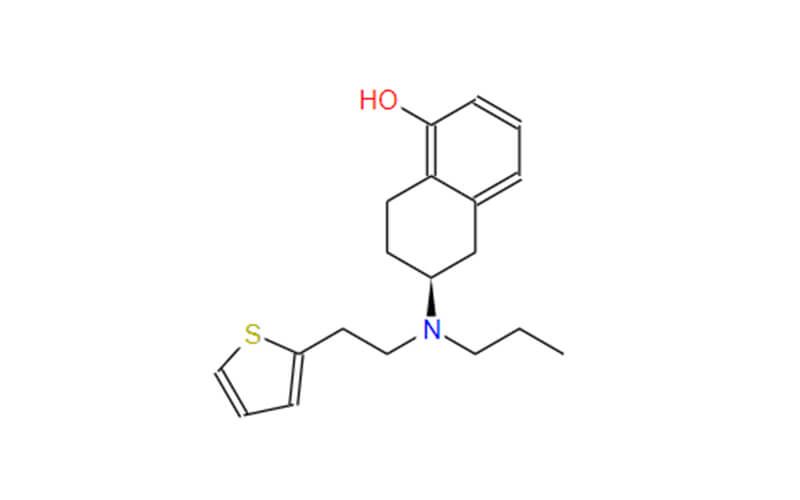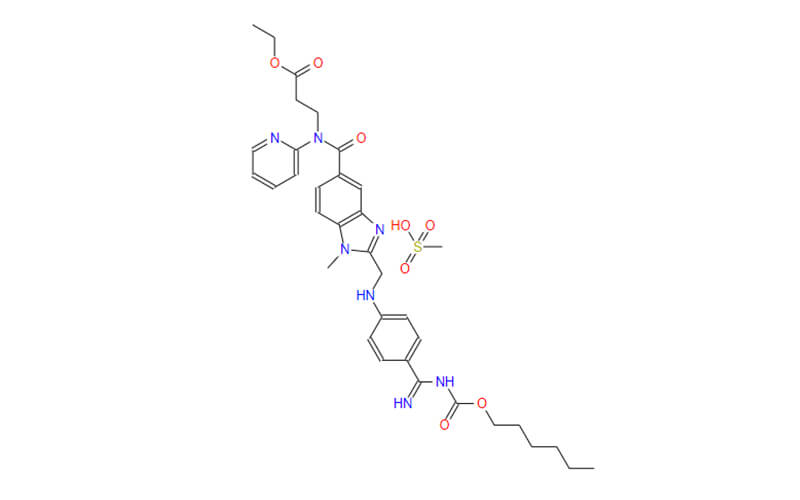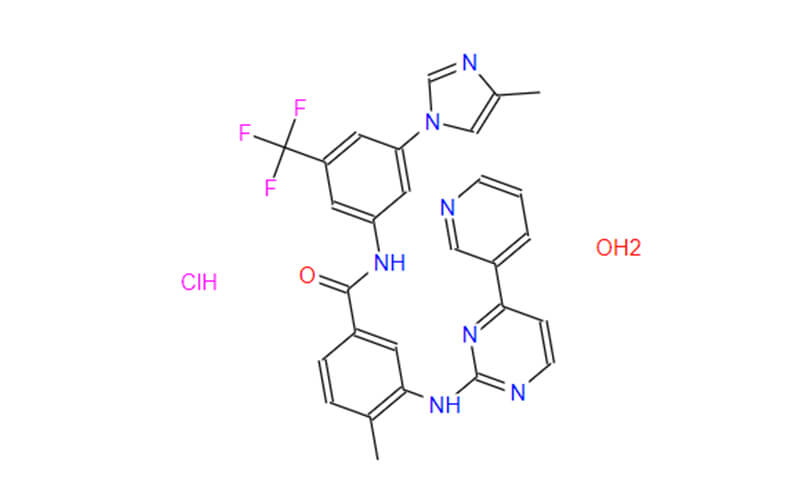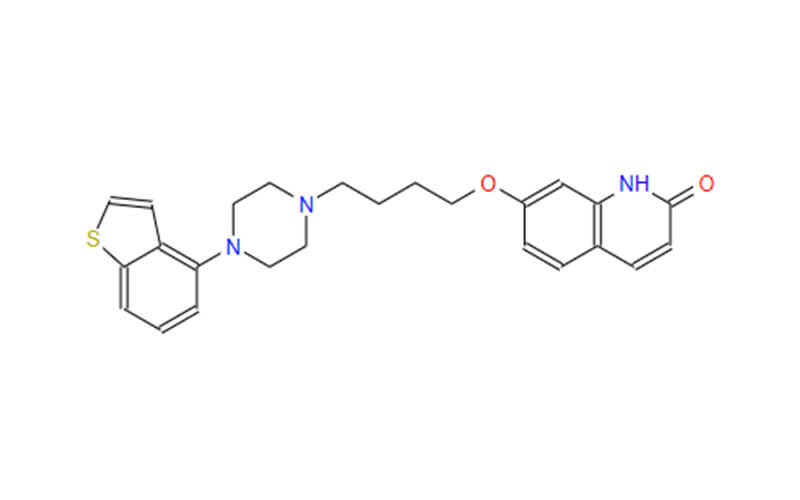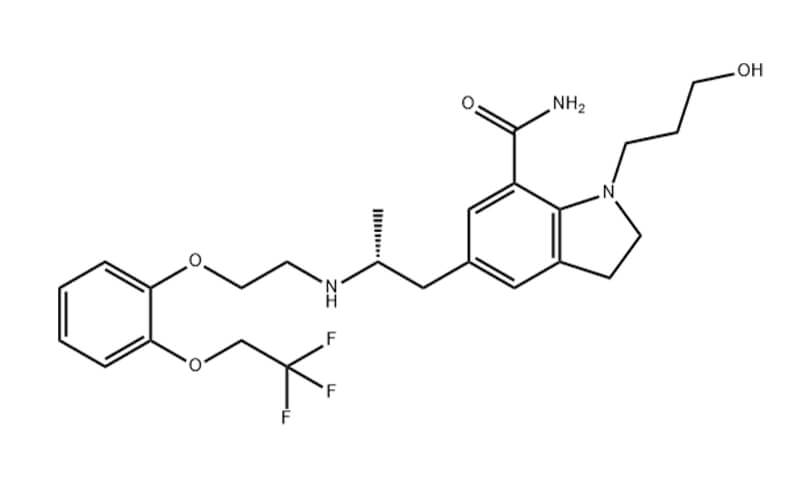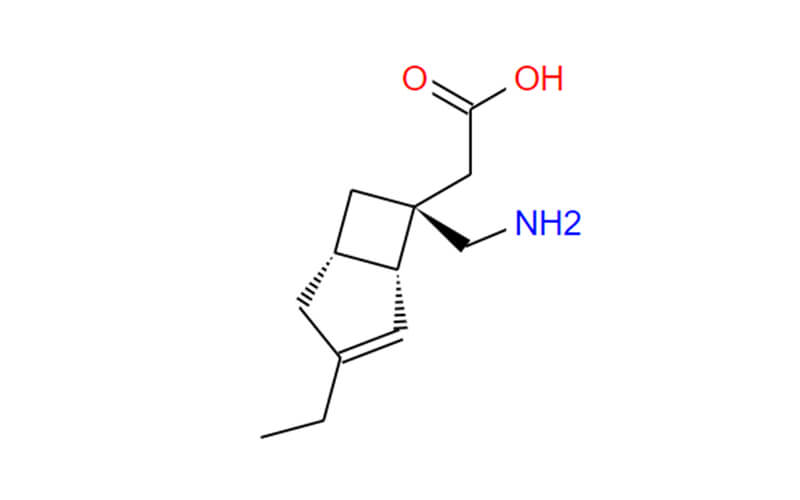Lenvatinib Mesilate: Drug Interactions and Important Considerations
Lenvatinib mesilate, a targeted therapy medication, is a powerful tool in fighting various cancers. However, its effectiveness can be impacted by interactions with other medications. This article explores potential drug interactions with lenvatinib mesilate and highlights critical factors for safe and successful treatment.
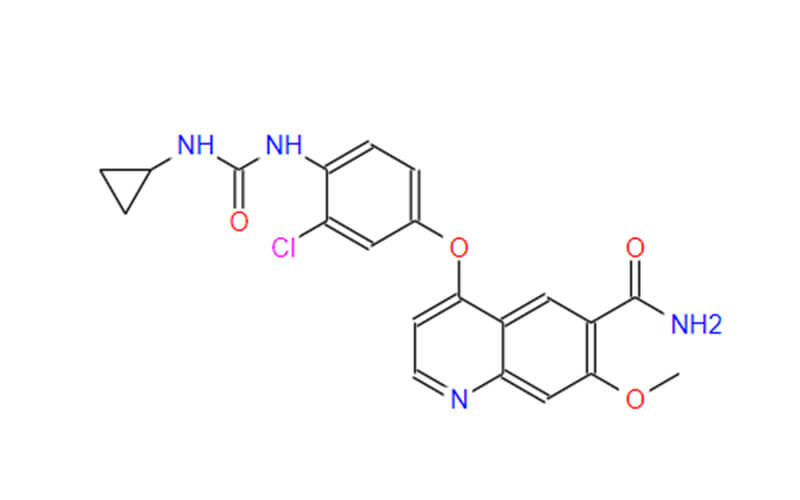
Types of Drug Interactions about Lenvatinib Mesilate
Lenvatinib mesilate’s interactions with other medications can have significant consequences. Here’s a deeper dive into the three key interaction types:
Lenvatinib mesilate can interact with other medications in several ways, potentially affecting its efficacy or increasing the risk of side effects. Here’s a deeper dive into some key interaction types:
- Increased QTc Interval: The QT interval on an electrocardiogram (ECG) reflects the time it takes for the heart’s ventricles to contract and relax. Certain medications, including some antiarrhythmics (used to regulate irregular heartbeats), antipsychotics (used for mental health conditions), and antibiotics, can prolong this interval. Combining these medications with lenvatinib can dangerously increase the QT interval, leading to a potentially life-threatening arrhythmia called Torsades de Pointes. This arrhythmia can cause rapid heartbeats, dizziness, and even fainting.
- CYP3A4 Enzyme Inhibition: The liver plays a crucial role in metabolizing, or breaking down, medications. Lenvatinib is metabolized by an enzyme in the liver called CYP3A4. Drugs that inhibit this enzyme, such as antifungals like ketoconazole, some macrolide antibiotics like clarithromycin, and certain HIV medications, can slow down the breakdown of lenvatinib. This can lead to increased levels of lenvatinib in the body, potentially causing side effects or even toxicity.
- CYP3A4 Enzyme Induction: Conversely, some medications can actually increase the activity of CYP3A4. These medications, which include anticonvulsants like rifampin, phenytoin, and carbamazepine, can accelerate the breakdown of lenvatinib. This can reduce the amount of active medication in the body, potentially leading to decreased effectiveness of lenvatinib treatment.
By being aware of potential interactions, doctors can adjust medication regimens or monitor patients more closely to ensure safe and effective treatment with lenvatinib mesilate.

Medications to Avoid the Drug Interactions
Lenvatinib Mesilate can interact with certain medications, potentially increasing the risk of side effects or reducing its effectiveness. Here’s a breakdown of some medication categories to be particularly cautious about:
Medications that prolong QT interval: These medications can disrupt your heart rhythm. Examples include:
- Antiarrhythmics (treat irregular heartbeats) like amiodarone, sotalol, and quinidine.
- Some antibiotics like clarithromycin, moxifloxacin, and erythromycin.
- Antifungal medications like ketoconazole, itraconazole, and voriconazole.
- Certain antipsychotics like chlorpromazine and pimozide.
CYP3A4 inducers: These medications can accelerate the breakdown of Lenvatinib Mesilate in your body, potentially reducing its effectiveness. Examples include:
- Anticonvulsants like carbamazepine, phenytoin, and rifampin.
- St. John’s Wort (herbal supplement)
CYP3A4 inhibitors: Conversely, these medications can slow down the breakdown of Lenvatinib Mesilate, increasing its concentration in your body and potentially leading to higher side effects. Examples include:
- Antifungal medications like ketoconazole, itraconazole, and voriconazole.
- Certain HIV medications like ritonavir and nelfinavir.
- Macrolide antibiotics like erythromycin and clarithromycin.
Antiplatelet medications and anticoagulants: These medications can thin your blood and increase your bleeding risk, especially when combined with Lenvatinib Mesilate. Examples include:
- Aspirin, clopidogrel, and ticagrelor (antiplatelet medications)
- Warfarin and dabigatran (anticoagulants)
Remember, this list is not exhaustive. It’s vital to disclose all medications you take to your doctor to determine potential interactions and ensure safe and effective treatment with Lenvatinib Mesilate.

Important Considerations
Beyond potential drug interactions, several important considerations contribute to a safe and successful treatment experience with lenvatinib mesilate. Here’s a closer look at some key factors:
- Close Medical Supervision: Lenvatinib mesilate is a powerful medication that can cause side effects. Regular monitoring by your doctor is essential throughout treatment. This typically involves scheduled appointments where your doctor will assess your overall health, monitor blood work for potential side effects like changes in blood cell counts or liver function, and evaluate the effectiveness of the medication in controlling your cancer. Depending on your individual situation, your doctor may also recommend additional tests or imaging studies to monitor treatment progress.
- Dietary Changes: Certain foods and beverages can impact how your body absorbs lenvatinib mesilate, potentially affecting its effectiveness. For instance, grapefruit juice is known to inhibit CYP3A4, the enzyme responsible for metabolizing lenvatinib. This can lead to increased levels of the medication in the body and raise the risk of side effects. Your doctor will likely recommend discussing any dietary changes with a registered dietitian to optimize medication absorption and ensure you’re getting the necessary nutrients throughout treatment.
- Pregnancy and Breastfeeding: Lenvatinib mesilate can be harmful to an unborn baby and is not recommended for pregnant women. If you are considering becoming pregnant, it’s crucial to discuss safe family planning options with your doctor before starting treatment. Similarly, lenvatinib can pass into breast milk and potentially harm a breastfeeding infant. Women who are breastfeeding or considering breastfeeding should discuss alternative feeding methods with their doctor.
Lenvatinib mesilate offers a valuable option for cancer treatment. By understanding potential drug interactions and following important considerations, patients can maximize the medication’s effectiveness while minimizing risks.
Lenvatinib Manufacturer: Qingmu Pharmaceutical
Lenvatinib mesilate is a targeted therapy medication used to treat various cancers. Qingmu Pharmaceutical, a leading innovator in Active Pharmaceutical Ingredients (APIs) and pharmaceutical services, we manufacture lenvatinib mesilate which offers a powerful tool for cancer treatment. However, like many medications, it’s crucial to understand potential drug interactions and important considerations for safe and effective use.
Qingmu Pharmaceutical is a reputable manufacturer with a focus on high-quality generic APIs and advanced intermediates. Our lenvatinib mesilate API is manufactured according to strict regulatory standards, ensuring consistent quality and efficacy for patients.
If you are in any need, please feel free to contact us.

